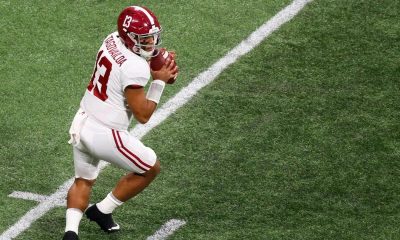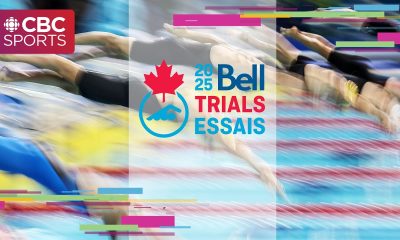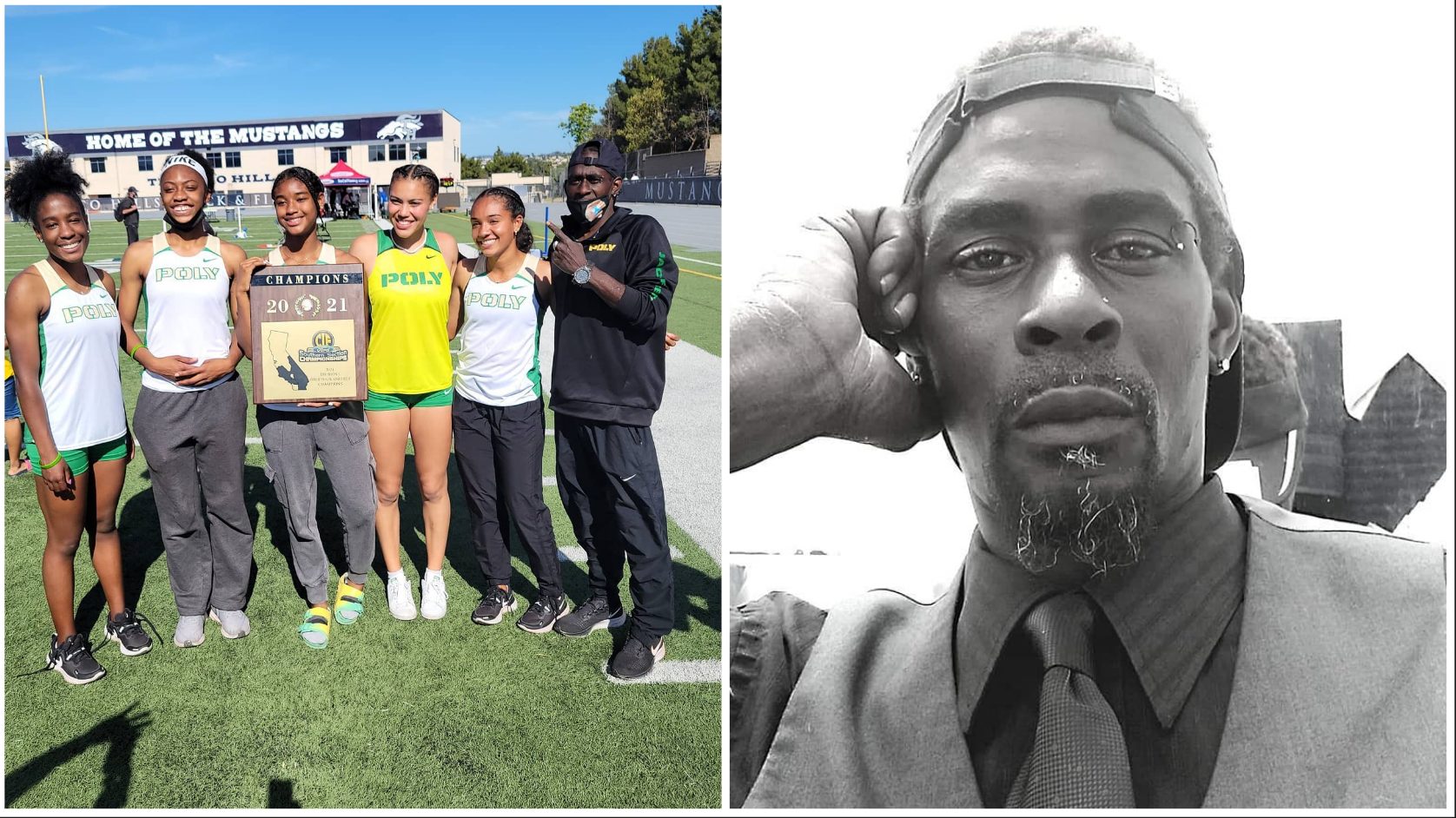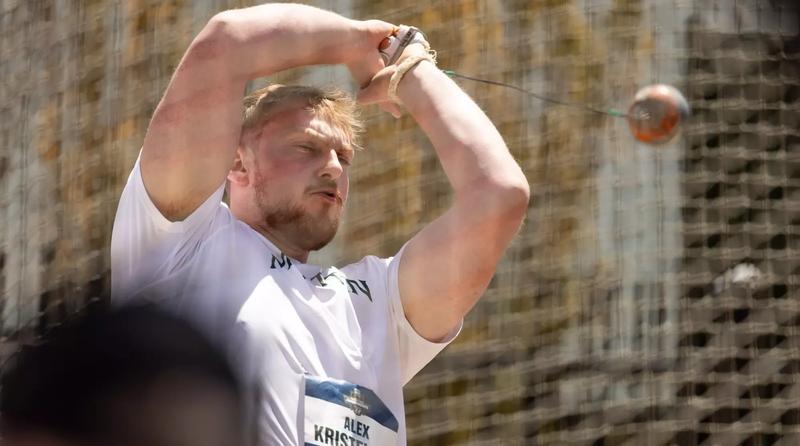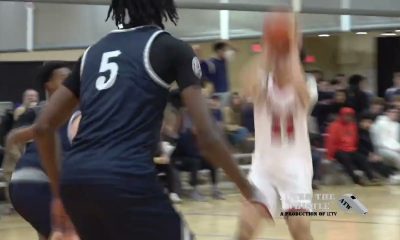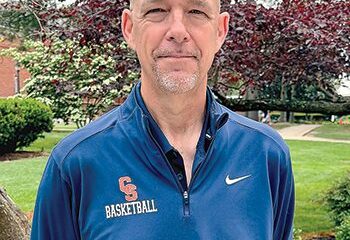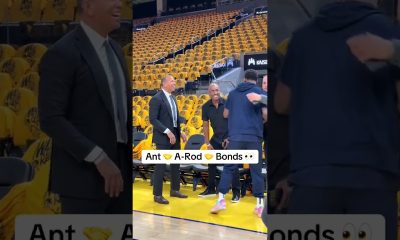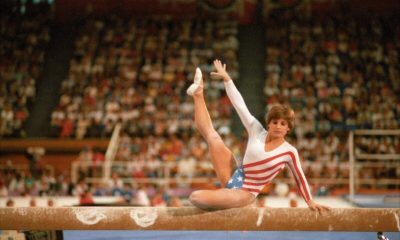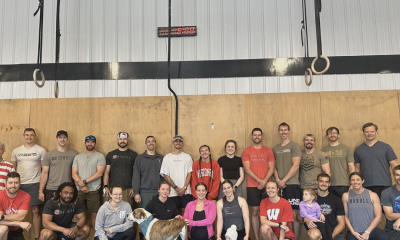Sports
'For every girl at any fitness level'
Lukens has been in the club since her third year, when she started out as the event planner. As president, she has different responsibilities that help the club prosper.Lukens said she really enjoys sharing the joy that comes from weightlifting with other women and helping them feel more confident in the gym scene.”My favorite part […]


Lukens has been in the club since her third year, when she started out as the event planner. As president, she has different responsibilities that help the club prosper.Lukens said she really enjoys sharing the joy that comes from weightlifting with other women and helping them feel more confident in the gym scene.”My favorite part about being involved in Girl Gains is getting to learn from the other girls in the gym, and the friends I’ve made that I get to share my favorite hobby with,” Laurence, a third-year studying psychology, said.Felice outlined the importance of making members feel confident while working out.”The Girl Gains community is an uplifting and empowering group of women,” Felice said. “We come from all fitness levels and encourage each other to reach our goals and have fun while we are doing it.”MORE LIFESTYLE CONTENT“I joined because I wanted a community I could relate to,” Lukens, a fourth-year studying biobehavioral health, said. “Being in the gym as a girl can be intimidating, and this club helps with that.”

“I joined Girl Gains in the hope of making friends, which was accomplished,” Felice, a fourth-year studying biobehavioral health, said. “I was able to find people who shared similar interests with me and have built lifelong friendships. If other girls are looking for a group of supportive people, this is the group to join.”
“I joined Girl Gains in the hope of making friends, which was accomplished,” Felice, a fourth-year studying biobehavioral health, said. “I was able to find people who shared similar interests with me and have built lifelong friendships. If other girls are looking for a group of supportive people, this is the group to join.”
Felice explained how Girl Gains decides what to do at meetings and other events.”When coming up with ideas for meetings, the board gets together and brainstorms what we would want to learn if we joined this club,” Felice said. “We also do research on other clubs that can offer fun activities relevant to our community, and reach out to plan something fun.”Abby Laurence, the vice president of the club, said it’s comforting to have support from other women who have a common interest. She recommends others join because it gives everyone an opportunity to meet new people and work out with women of different weightlifting levels.The group has a collaboration coming up with CHAARG and the Student Farm, where members will engage in a low-intensity workout and make nutritious snacks in the Student Farm’s outdoor kitchen.”Girl Gains is still new at PSU since we established in 2022, but we are always working to be better and add more support for girls,” Lukens said. “Even though I’m about to graduate, I cannot wait to hear how this club continues to flourish.”Event planner Hailey Felice described her experience in Girl Gains as incredibly rewarding for multiple reasons.Let’s get one thing straight — I’m a simple sandwich eater. No fancy toppings, no complicate…”Girl Gains is for every girl at any fitness level,” Felice said. “Everyone is welcome no matter your experience.”Laurence also gave a description about what meetings look like in the club, noting there are various activities to be involved in.Lukens also described what makes being part of the organization so worthwhile.









